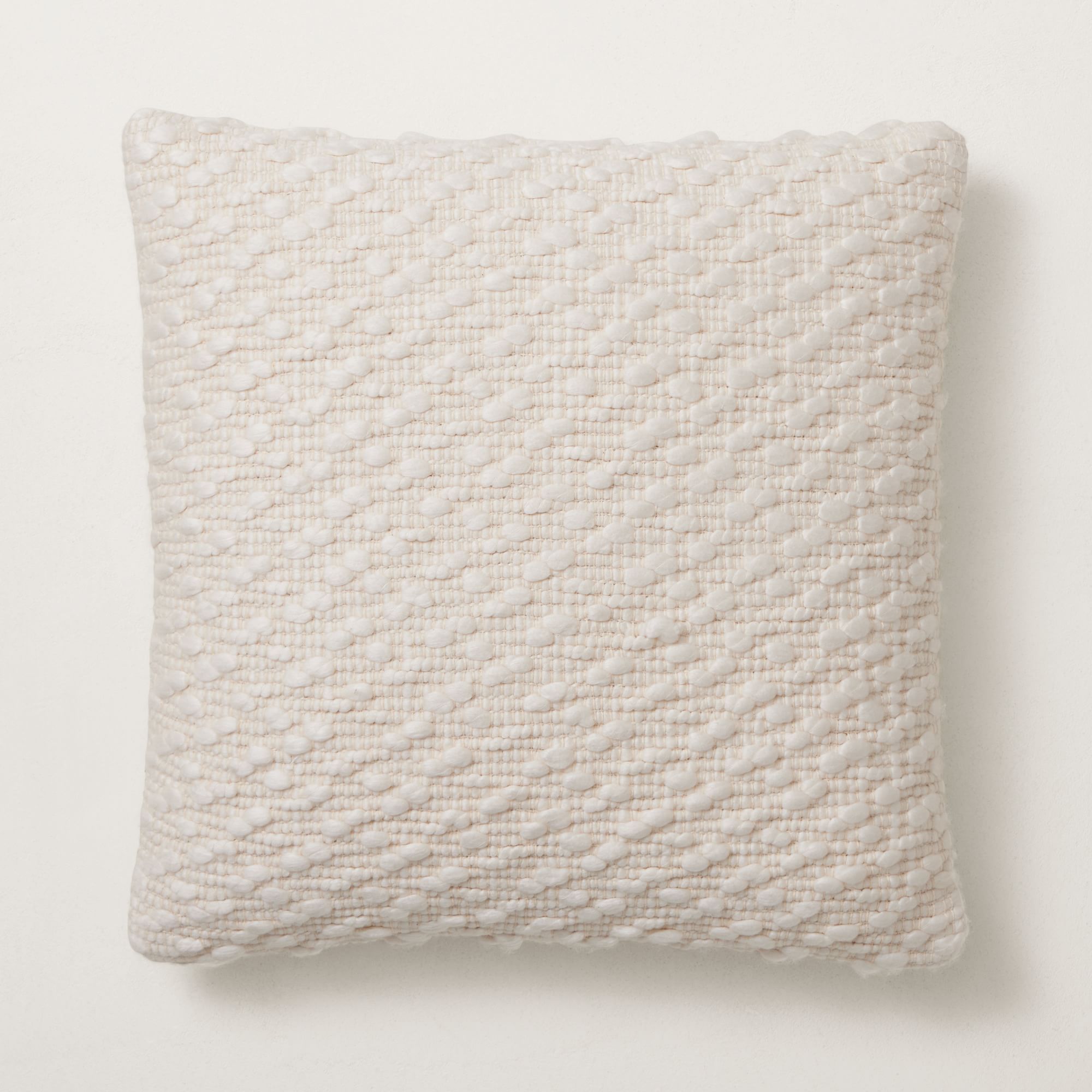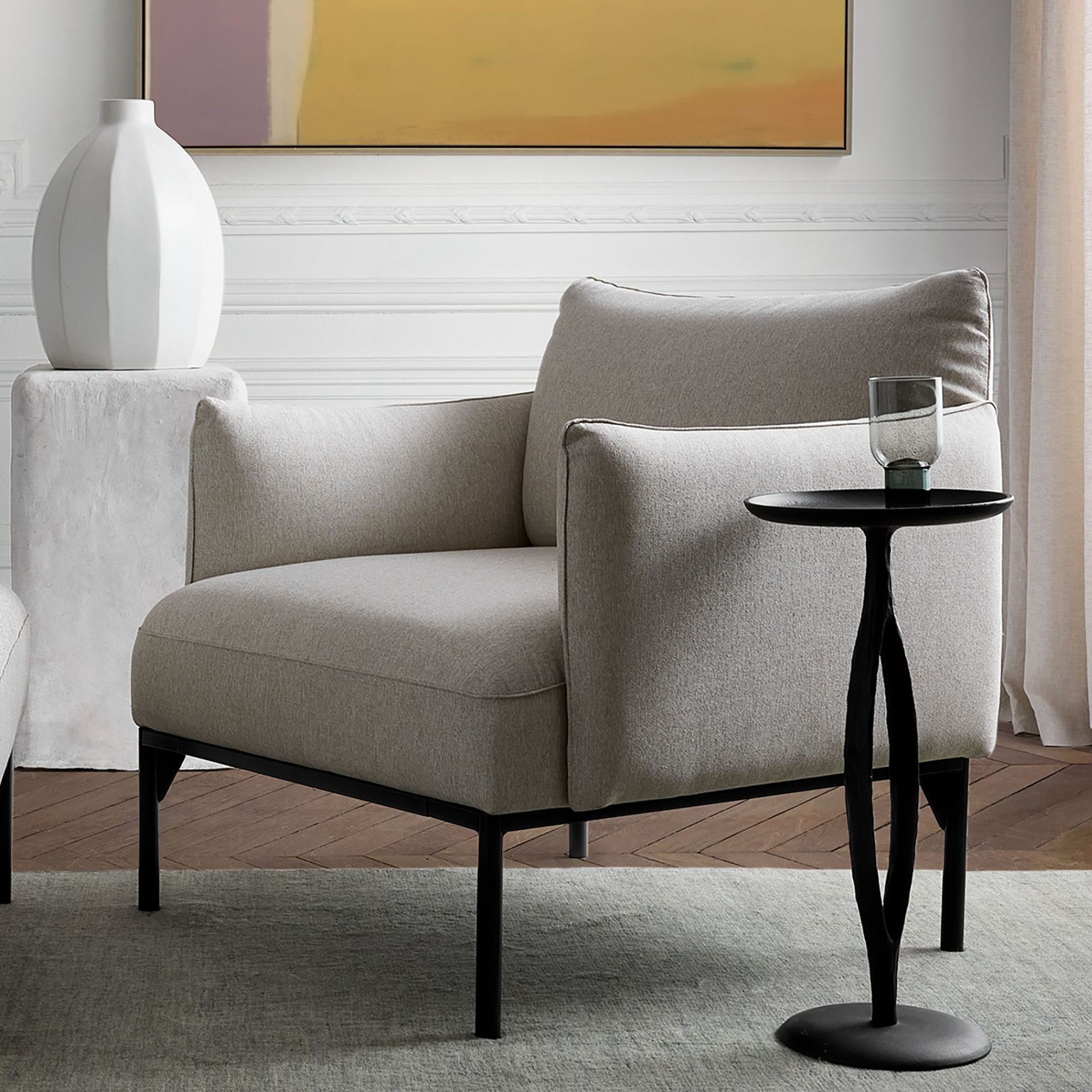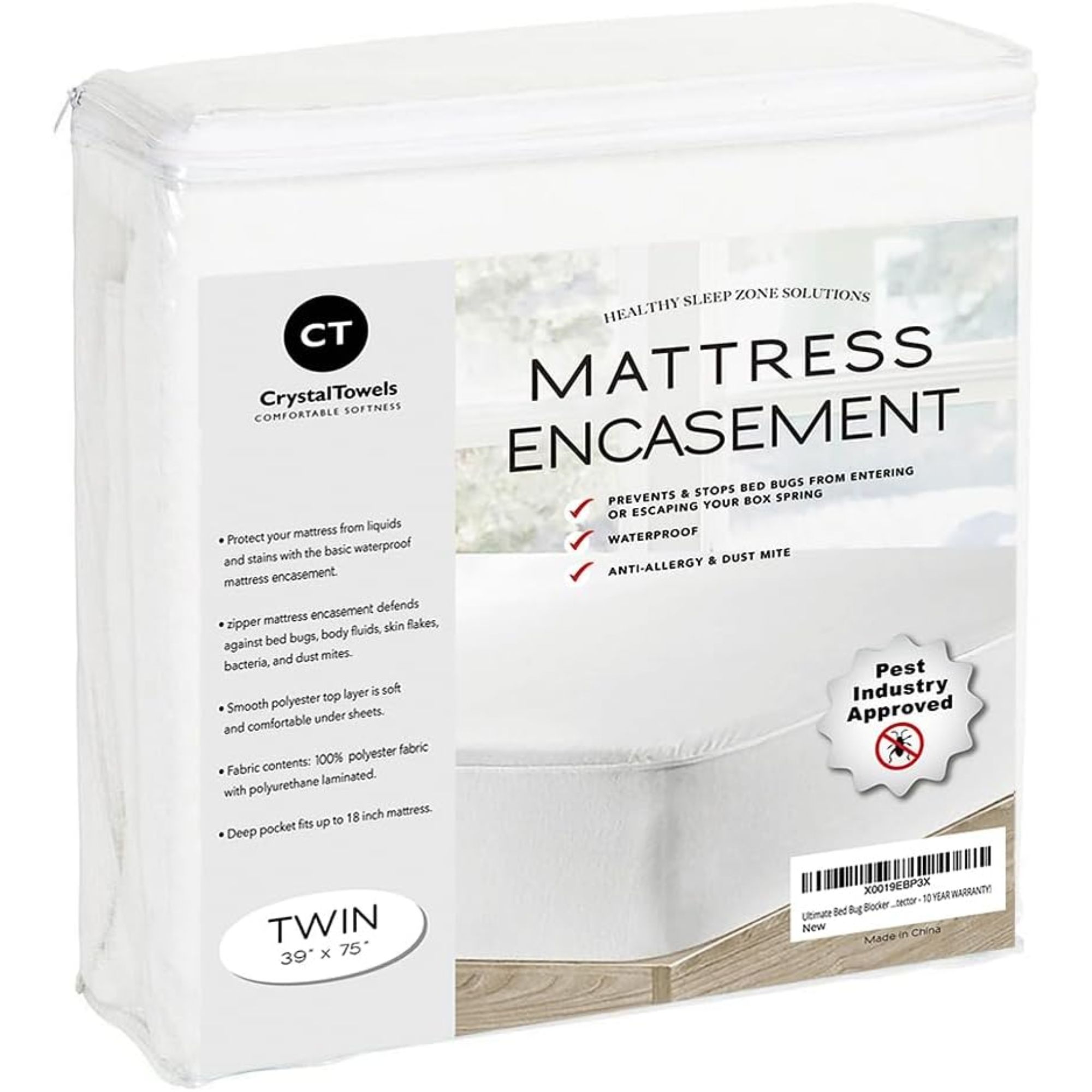How to pollen-proof a bedroom – for a more comfortable night's sleep
Don't let pollen disrupt your comfort levels – our allergy experts have explained 7 techniques to pollen-proof a bedroom for a more comfortable night's sleep
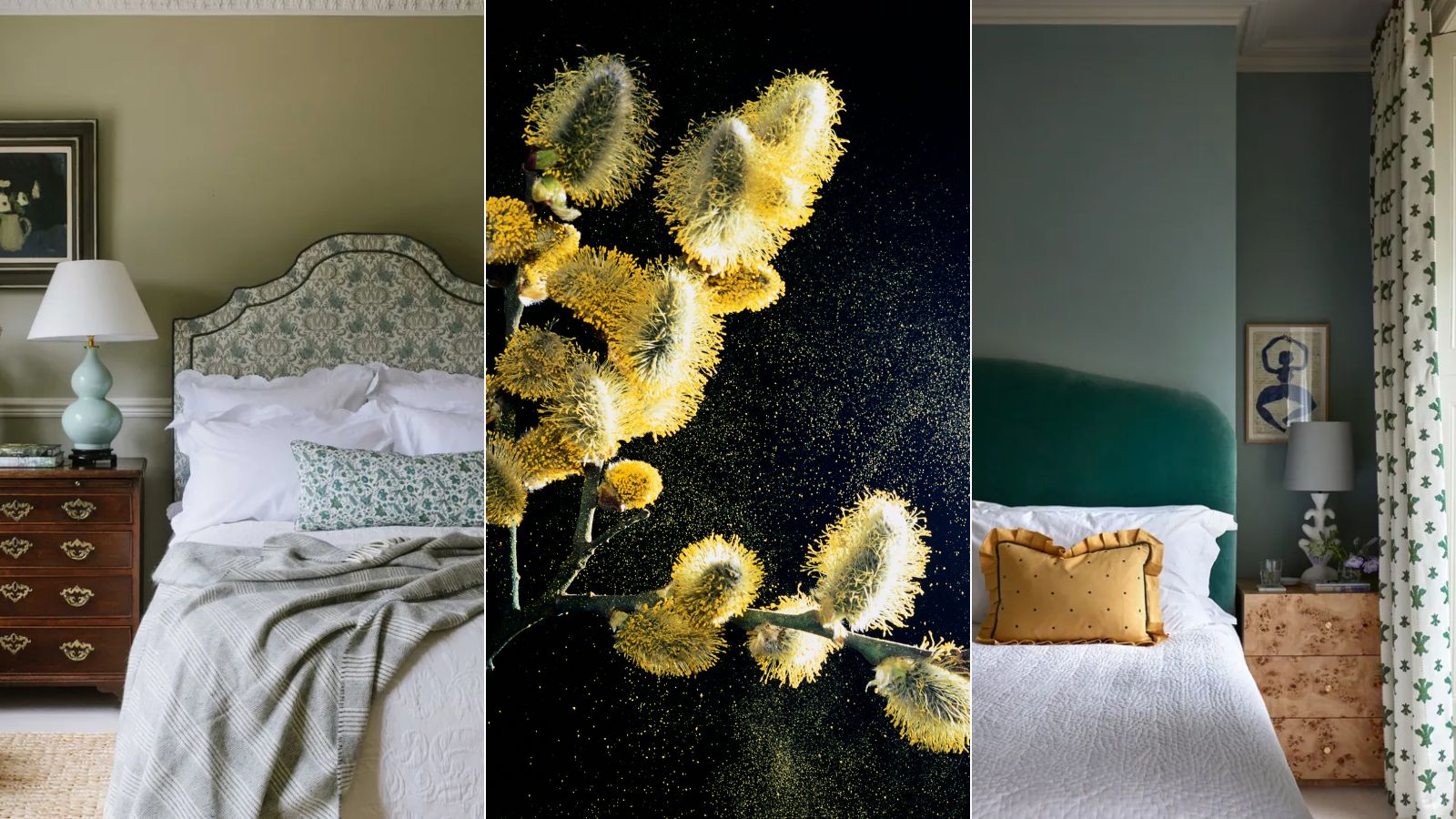

With the arrival of spring and its accompanying pollen influx, the onset of allergy season is fast approaching, meaning it's the ideal time to pollen-proof your bedroom. This is key for creating a more comfortable and restful sleeping environment, especially for those with allergies or sensitivities.
Pollen can infiltrate indoor spaces and disrupt sleep quality, especially during springtime when flowers are blooming and trees are budding. Pollen is spread through the air and can stick to surfaces, and once inhaled, can cause allergies.
By implementing these simple yet effective strategies to minimize pollen in your bedroom and prevent its build-up to help allergy-proof your home, you can enjoy a more relaxing space conducive to a good night's sleep, even during allergy season.
How to pollen-proof a bedroom
From maintaining optimal humidity levels to minimizing soft furnishings and adopting smart cleaning tips for allergy sufferers, these proactive measures can keep you comfortable all spring and are great ways to make your bedroom better for sleep.
1. Keep the air clean
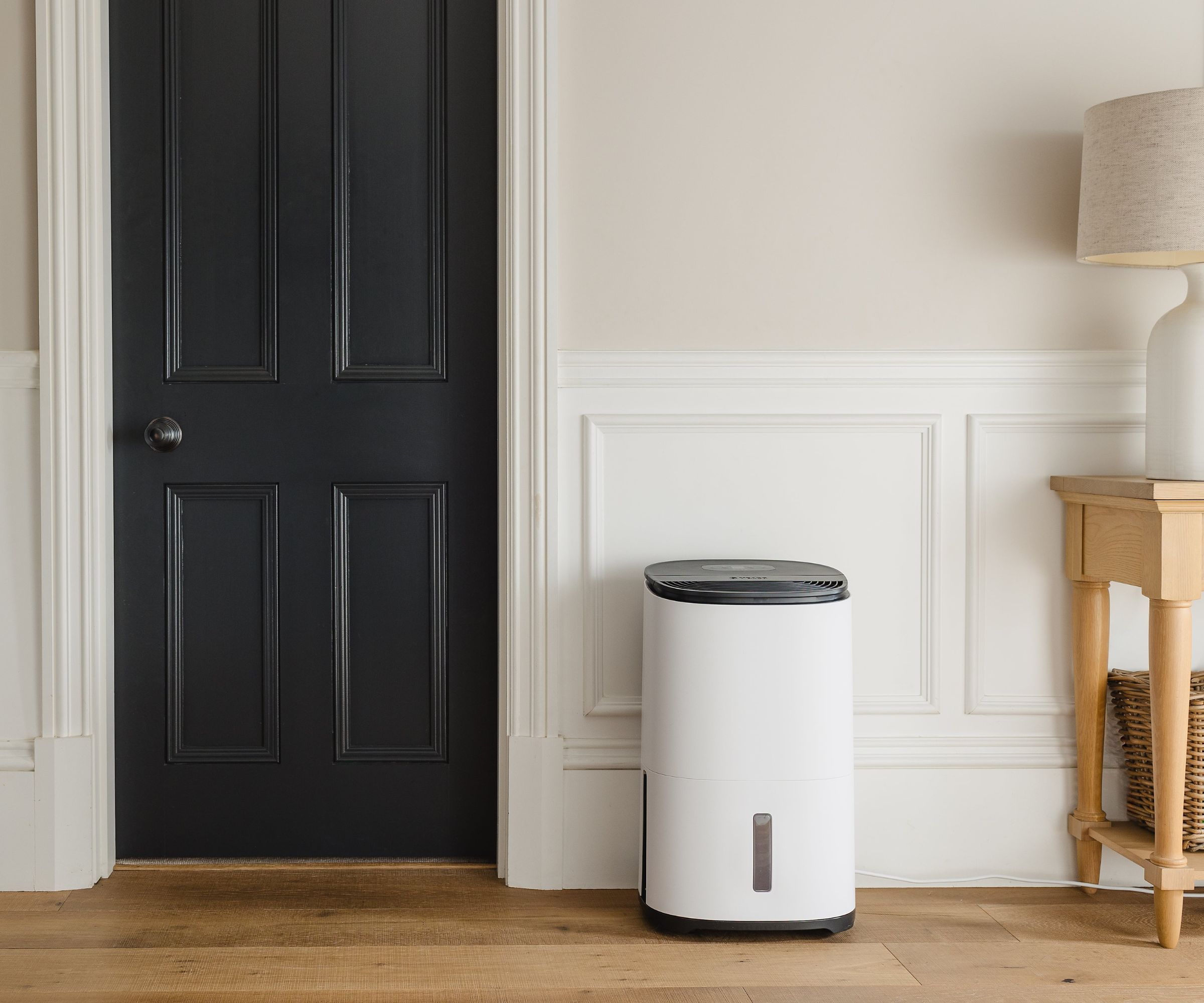
To effectively pollen-proof a bedroom, it's essential to tackle the issue at its source.
One of the primary ways pollen can find its way into your bedroom is through open windows or doors left ajar. 'It is crucial to make a conscious effort to keep your windows and doors closed as much as possible during the peak flowering periods when pollen levels are high. This will create a barrier against the infiltration of pollen into your living space,' says Nathan Thorne, pollen allergy and flower expert at Handy Flowers.
By minimizing the entry points for pollen, you can significantly reduce the allergens present indoors and create a more comfortable environment for yourself, particularly if you are prone to allergies or sensitivities during the pollen season.
However, it is important to ventilate your space to reduce pollen. Although windows and doors should be kept closed, there are a few other ways you can do this, such as utilizing exhaust fans, opening windows when pollen levels are lower, according to pollen forecasts, and using an air purifier.
Using an air purifier can create a cleaner and healthier living space by removing pollen from the air, and they're a great way to reduce pet dander in the bedroom, too. These devices work by filtering the air and trapping allergens such as pollen, dust, and pet dander, which can be especially helpful for those who suffer from allergies or asthma.
'Choose an air purifier equipped with a HEPA (High-Efficiency Particulate Air) filter,' recommends Nathan Thorne. 'These are specifically designed to capture small particles like pollen.'
The best place to put an air purifier to prevent pollen from impacting your sleep is near your bed. Additionally, Nathan recommends, 'Use a dehumidifier to maintain the RH (relative humidity) of 30%–50% in your bedroom. This RH range discourages the propagation of allergens, including pollen, as they thrive in higher humidity.' Doing this can create an inhospitable environment for pollen to spread, improving the overall air quality of your bedroom.
2. Minimize clutter
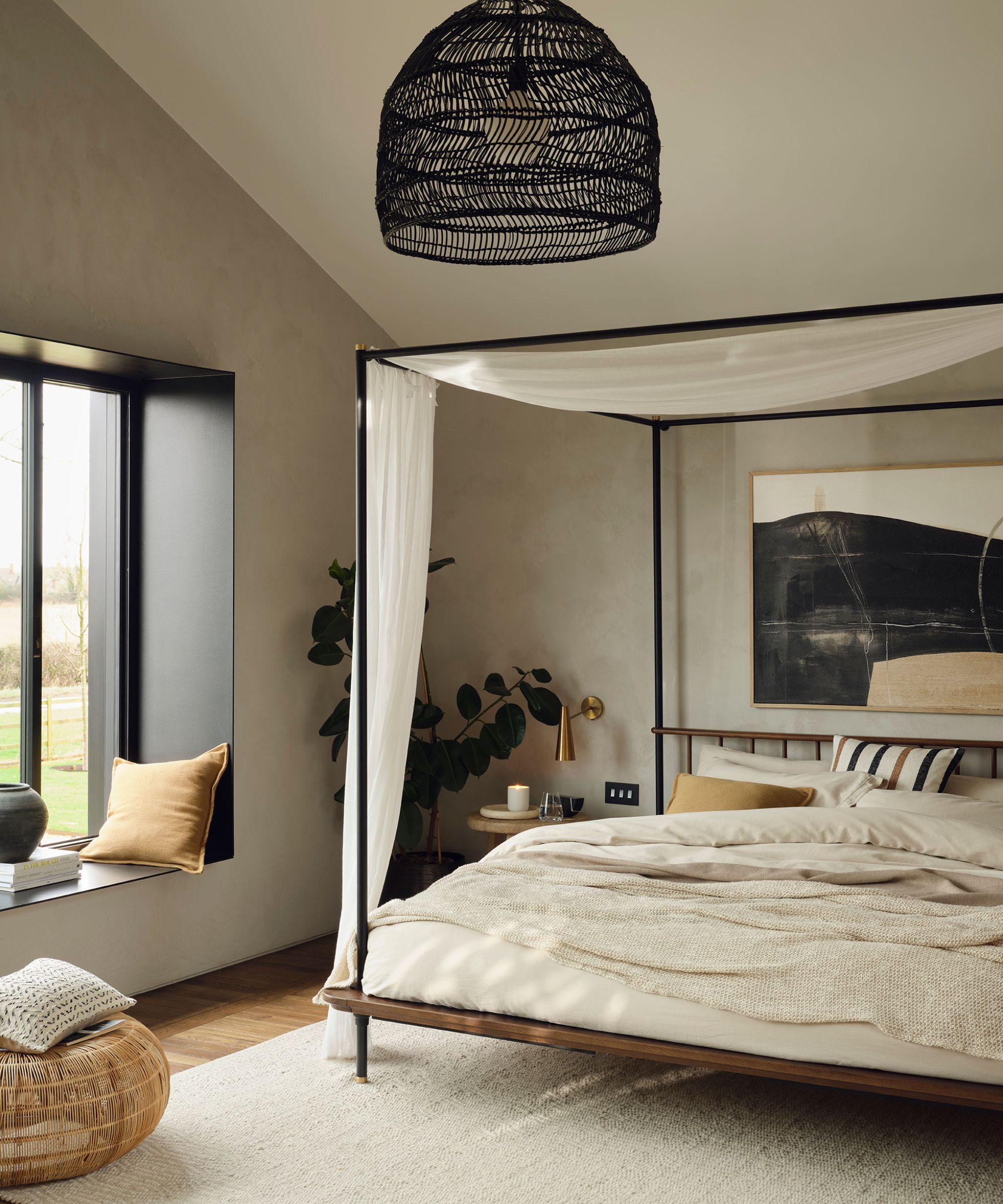
Clutter in your bedroom provides areas for dust and pollen to collect, making it more challenging to clean and keep the space free from allergens.
Regularly declutter your bedroom and keep surfaces clear of unnecessary items that can trap dust and pollen.
3. Choose furnishings and materials tactically
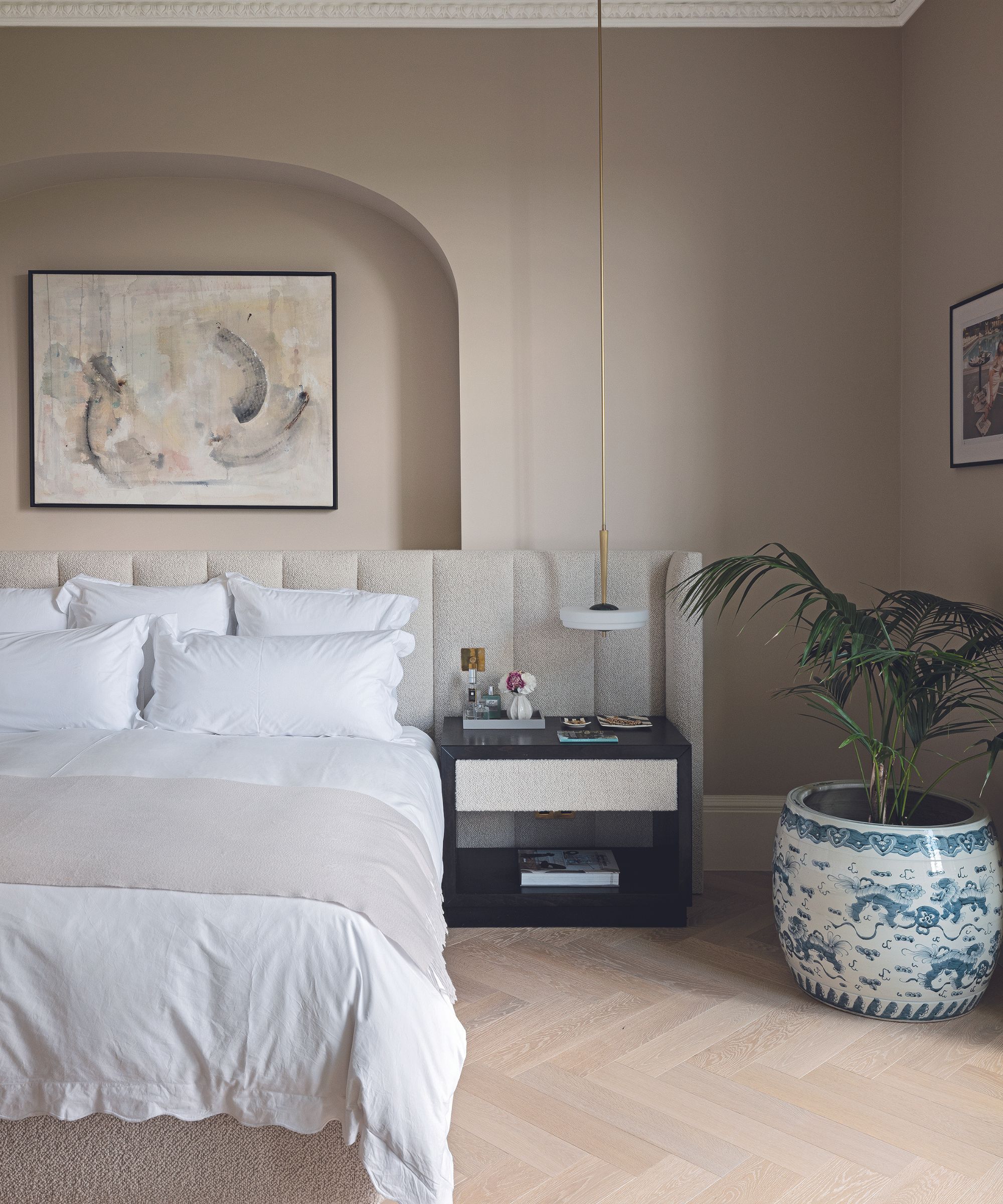
These are a few bedroom design tips to help you sleep better at night by reducing pollen in your bedroom:
- Choose easy-to-clean materials: Soft furnishings are often more challenging to clean and require more frequent vacuuming or washing to remove pollen effectively. Carpets and rugs can trap pollen and other allergens, making them difficult to keep clean. Opt for furniture simplifies the cleaning process to reduce the likelihood of pollen build-up.
- Opt for hypoallergenic materials: 'Choose materials with hard surfaces that are less hospitable to pollen, such as leather, or wood or synthetic materials compared to natural fibers such as down or wool,' says Matthew Wilson, pollen allergy and indoor gardening expert at Handy Gardeners. Consider replacing carpeted flooring with hardwood or laminate flooring, which is easier to maintain and less likely to harbor pollen.
- Select hypoallergenic bedding: 'Use dust mite-proof covers on your pillows, mattresses, and box springs to form a barrier against allergens,' advises Matthew Wilson. It's also a good idea to spring-clean your bed.
- Minimize the number of soft furnishings: Carpets, curtains, and upholstery provide ample surfaces for pollen to settle and accumulate, so relocating these materials from your bedroom during spring can help reduce pollen buildup.
4. Adopt smart cleaning habits
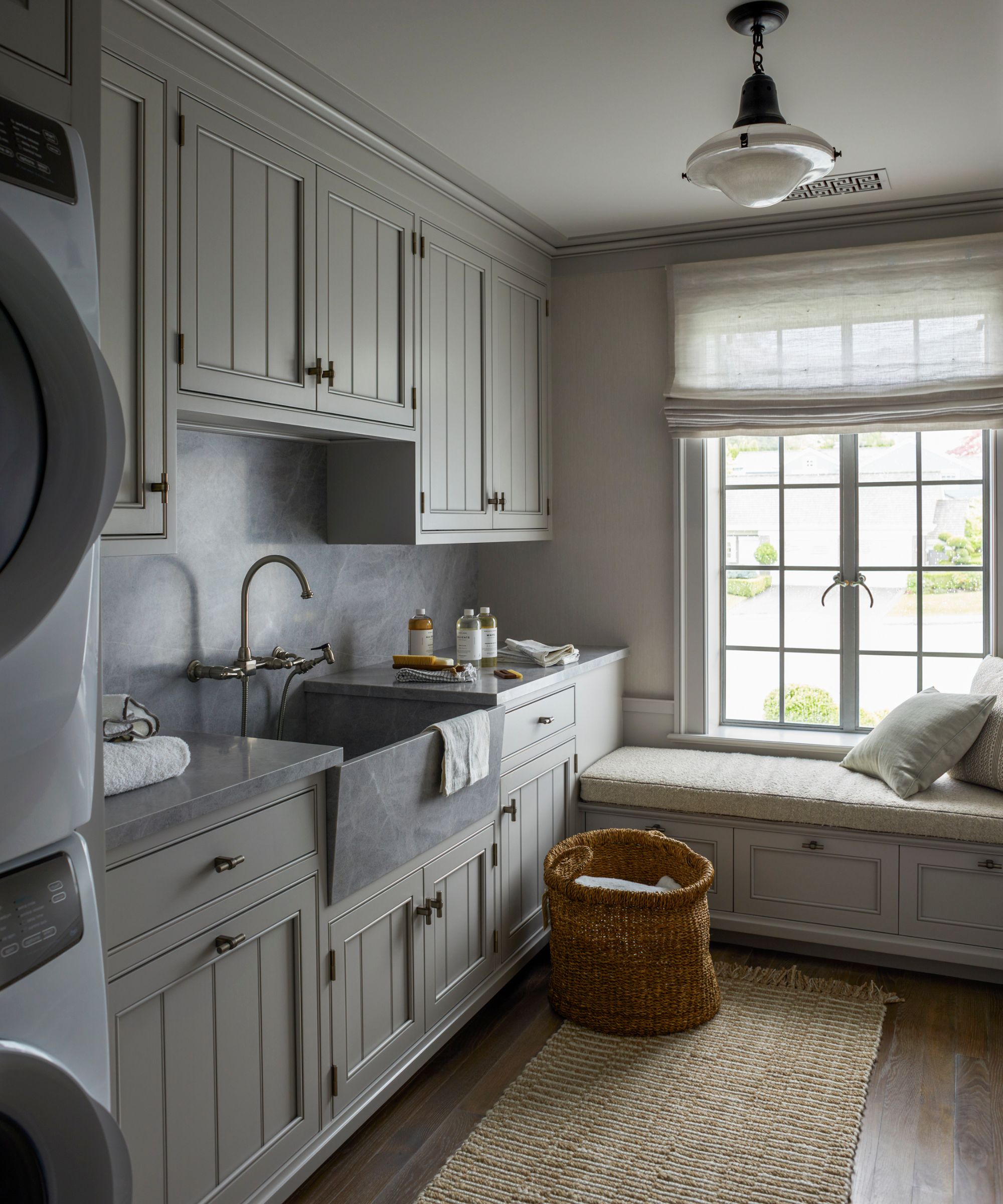
A regular cleaning routine is key for preventing pollen build-up in your bedroom and maintaining good air quality.
- Pollen can easily cling onto fabrics such as sheets, pillowcases, and blankets, so it is essential to regularly wash and change your bedding during the spring season. 'Wash your bed sheets biweekly at a minimum temperature of 130°F) to eliminate any lingering pollen particles,' advises Nathan Thorne.
- With a damp cloth, wipe the surfaces to reduce the possibility of the pollen getting airborne.
- Another cleaning step key to a better night's sleep is to vacuum your bedroom at least twice a week during spring to remove any pollen. Use a vacuum with a HEPA filter to ensure that small particles such as pollen are effectively captured. Pay extra attention to areas where dust and pollen tend to accumulate, such as under the bed, in corners, and on window sills.
- 'Regular care and maintenance of your HVAC system is important to avoid build-up,' explains Tony Abate, a certified indoor environmentalist and chief technology officer at AtmosAir Solutions. 'Keep critical components clean and provide a healthy, pollen-free environment.'
- Knowing how to clean a dehumidifier and how to clean an air purifier is key to keeping the air clean and minimizing the risk of inhaling allergens.
5. De-pollen your pets

'Brushing your furry companions after they go outdoors with damp clothes to wipe off pollen particles before entering the bedroom is another way of protecting against pollen,' says Matthew Wilson. Pollen also clings to their fur, so giving them a few brushes is essential, especially if you let them in your bedroom.
Alternatively, you might have to enforce a no-pets policy in the bedroom to minimize pollen brought in by pets.
6. Limit indoor plants

While indoor plants can improve air quality, some plants produce pollen that can exacerbate allergies. Additionally, Matthew Wilson explains that soil is an attractor for pollen.
So, consider removing or relocating indoor plants from your bedroom, especially during spring when pollen levels are high.
7. Establish pollen-banishing personal care habits
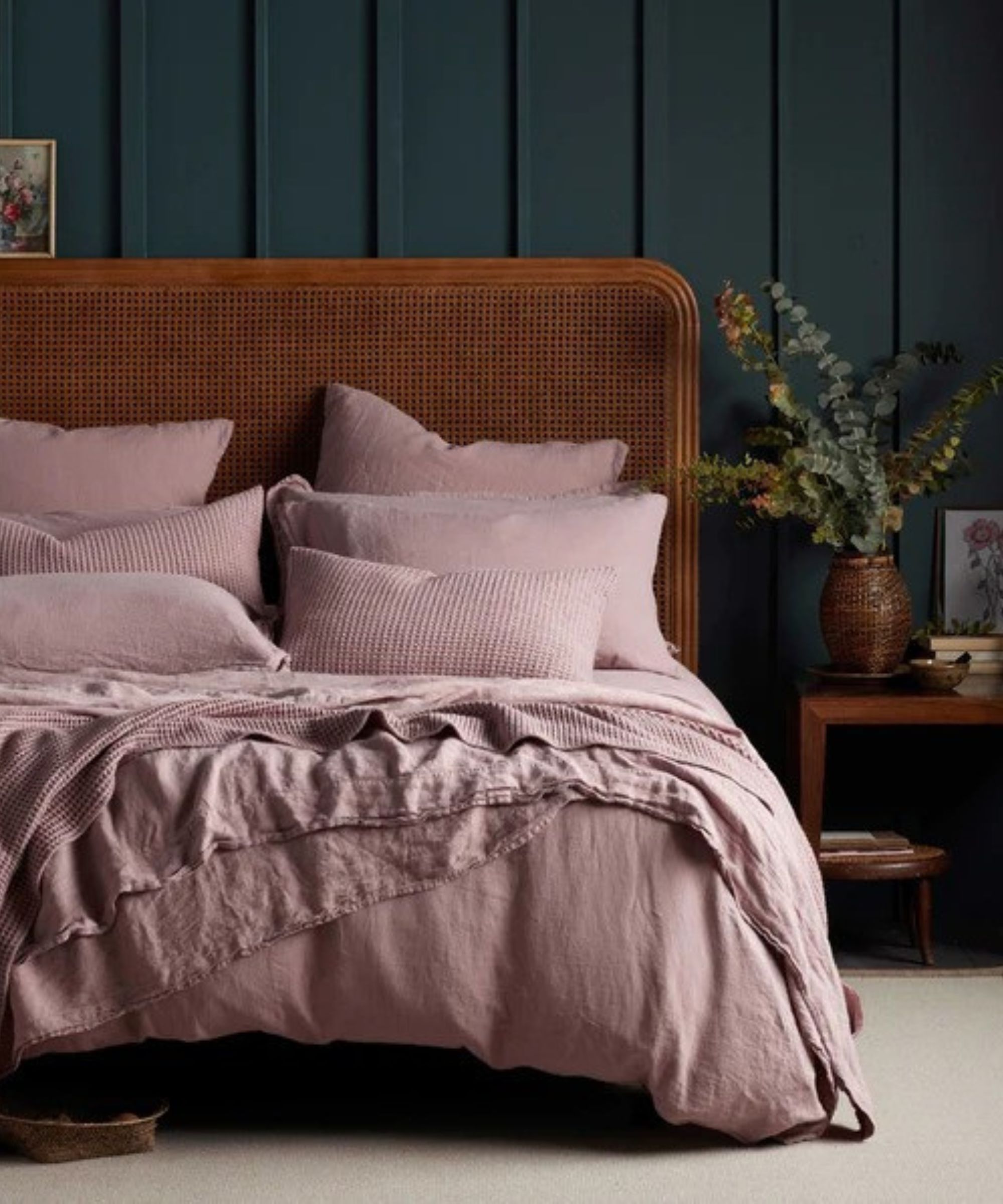
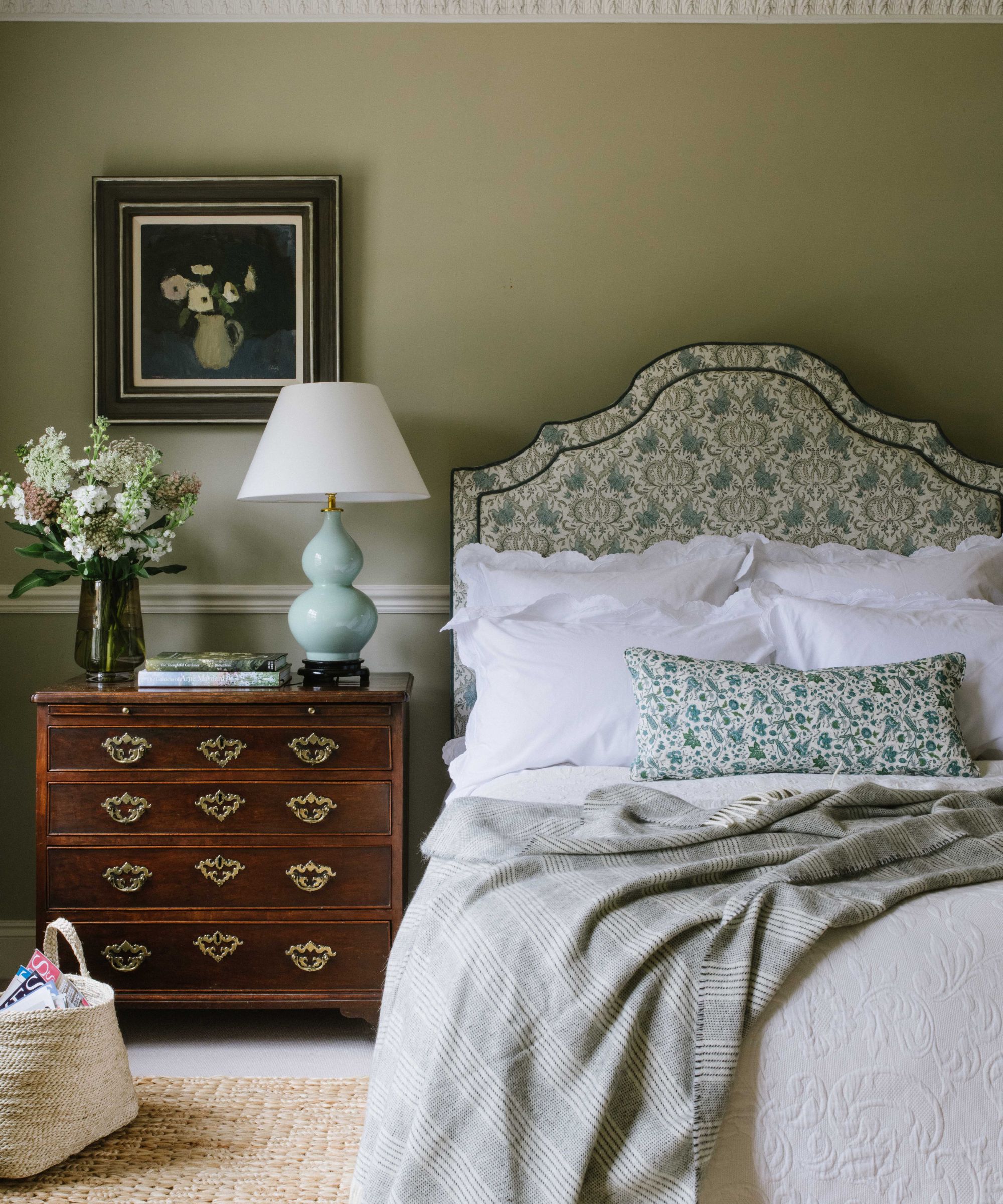
Adopting some pollen-banishing personal care habits can significantly reduce pollen exposure:
- Shower Before Bed: Always take a shower before going to bed to wash away pollen particles from your hair and skin and, eventually, from your bedding.
- Change out of outdoor clothing: Aim to avoid bringing pollen into your bedroom by changing into clean clothes before entering the bedroom to ensure that outdoor pollen stays outside.
Staying informed about pollen forecasts can help you preempt when to take appropriate precautions when pollen levels are high and help to keep your bedroom pollen-free to ensure your sleeping environment remains comfortable and allergen-free.
Sign up to the Homes & Gardens newsletter
Design expertise in your inbox – from inspiring decorating ideas and beautiful celebrity homes to practical gardening advice and shopping round-ups.

Lola Houlton is a news writer for Homes & Gardens. She has been writing content for Future PLC for the past six years, in particular Homes & Gardens, Real Homes and GardeningEtc. She writes on a broad range of subjects, including practical household advice, recipe articles, and product reviews, working closely with experts in their fields to cover everything from heating to home organization through to house plants. Lola is a graduate, who completed her degree in Psychology at the University of Sussex. She has also spent some time working at the BBC.
-
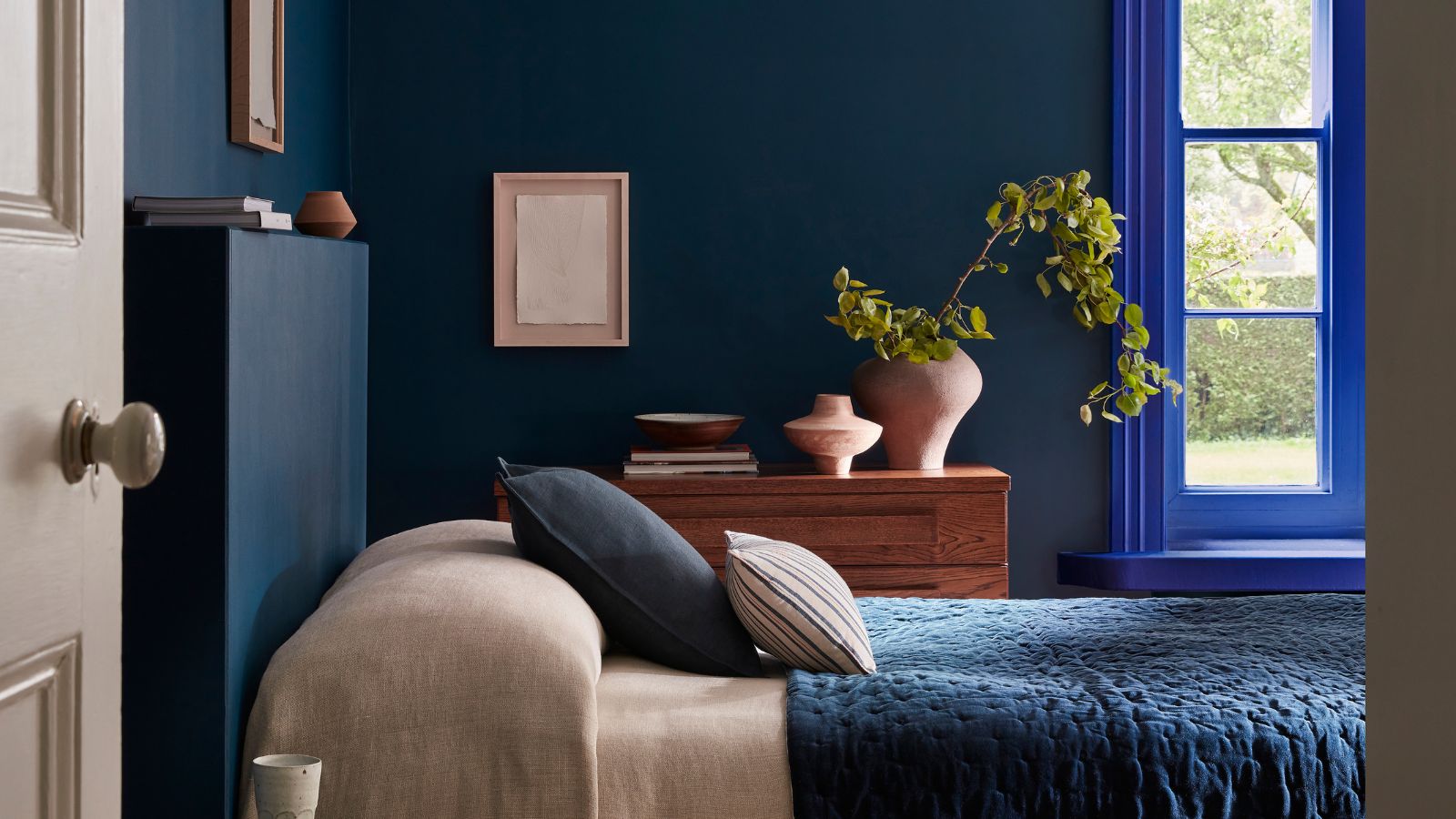 This brilliant $4 drawer organizer helped me reclaim control of my chaotic underwear drawer – and turbocharged my mornings
This brilliant $4 drawer organizer helped me reclaim control of my chaotic underwear drawer – and turbocharged my morningsIt makes heaps of difference when I'm getting ready
By Chiana Dickson
-
 How to get rid of bean seed flies – a pest control expert reveals how to keep crops safe from these seed munchers
How to get rid of bean seed flies – a pest control expert reveals how to keep crops safe from these seed munchersAs their name implies, these insects primarily feed on bean crops
By Tenielle Jordison
